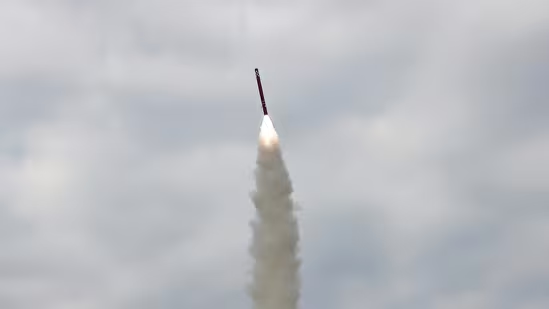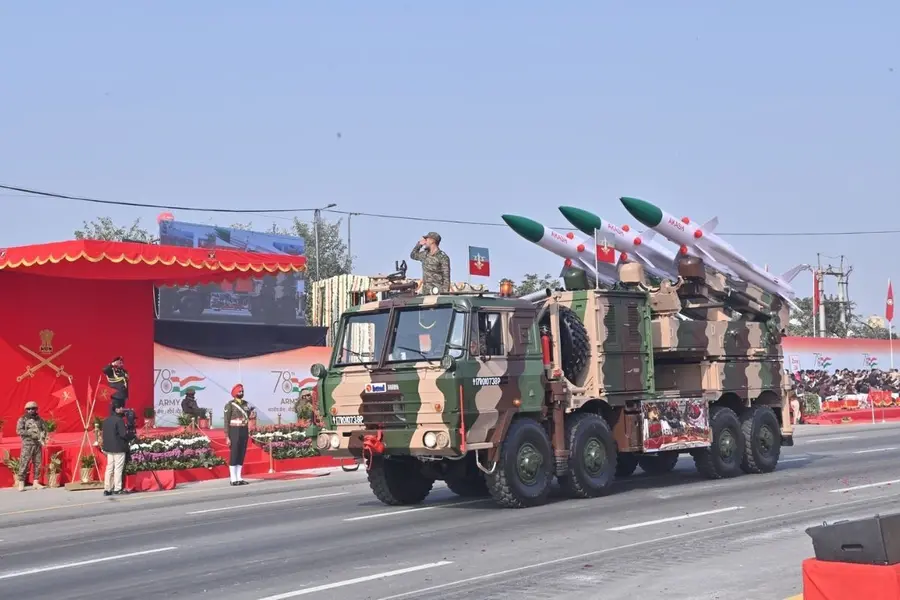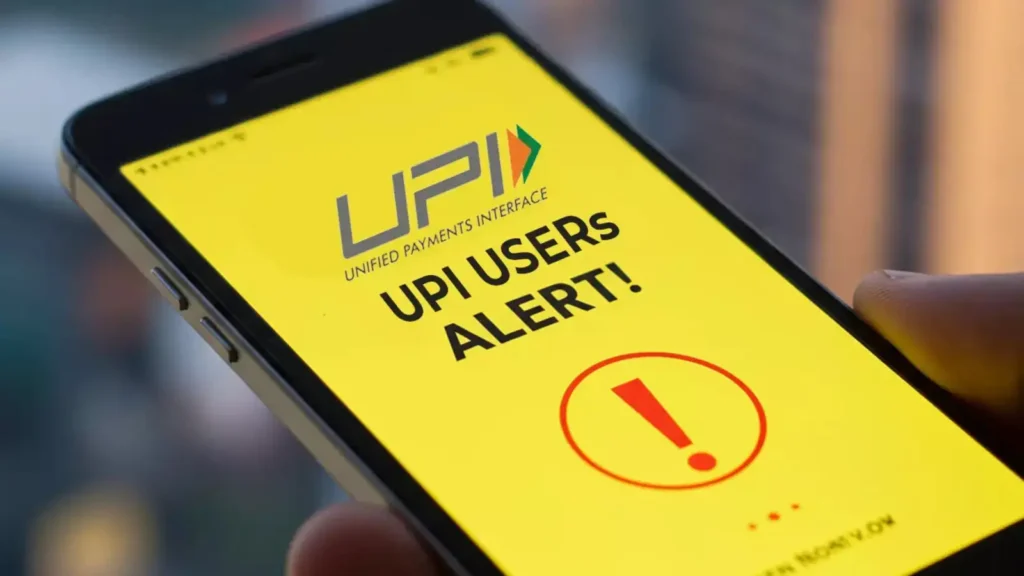Now Reading: North Korea Fires Cruise Missiles Ahead of Trump-Xi Meeting in South Korea
-
01
North Korea Fires Cruise Missiles Ahead of Trump-Xi Meeting in South Korea
North Korea Fires Cruise Missiles Ahead of Trump-Xi Meeting in South Korea

Tensions in East Asia have flared once again as North Korea launched multiple cruise missiles into the sea, just days before a scheduled meeting between former US President Donald Trump and Chinese President Xi Jinping in South Korea. The tests have triggered international concern, with analysts suggesting Pyongyang’s timing is a calculated move to assert its position on the global stage.
According to reports from Seoul, the missiles were fired from North Korea’s western coast toward the Yellow Sea, traveling several hundred kilometers before landing in open waters. South Korean defense authorities are analyzing the projectiles to determine their type and potential range. While the launches did not immediately threaten neighboring territories, the political message behind them is clear — North Korea intends to remind both Washington and Beijing of its military capabilities.
Experts believe these tests serve as both a warning and a negotiation tactic. With Trump and Xi set to discuss security dynamics in the Korean Peninsula, Pyongyang’s move appears aimed at gaining attention and leverage ahead of any diplomatic discussions that could influence sanctions or peace talks. The timing also suggests North Korea’s intent to stay relevant amid shifting global alliances, especially as China and the US compete for regional influence.
For India, and particularly Tier 2 cities with growing interest in global affairs, such developments hold indirect significance. North Korea’s missile diplomacy highlights how strategic instability in one region can ripple across the global economy. Fuel prices, trade routes, and defense expenditures often react to geopolitical uncertainty, influencing even smaller economies and developing nations.
Meanwhile, South Korea has strengthened surveillance and coordination with its allies. The United States condemned the tests, reiterating that such actions violate international resolutions and threaten peace in the region. China, on the other hand, has called for restraint, avoiding direct criticism of Pyongyang while maintaining its role as a key regional mediator.
In the larger picture, North Korea’s latest missile activity underscores the fragility of peace efforts in the Korean Peninsula. Despite repeated diplomatic attempts, the country continues to rely on military provocations as tools of negotiation and power display. The upcoming Trump-Xi meeting may set the tone for how major powers approach North Korea’s defiance — whether through dialogue, deterrence, or strategic patience.
The incident is a reminder that in global politics, timing is everything. North Korea’s calculated launches not only test missile technology but also test the resolve of world leaders trying to maintain stability in an increasingly uncertain era.

























